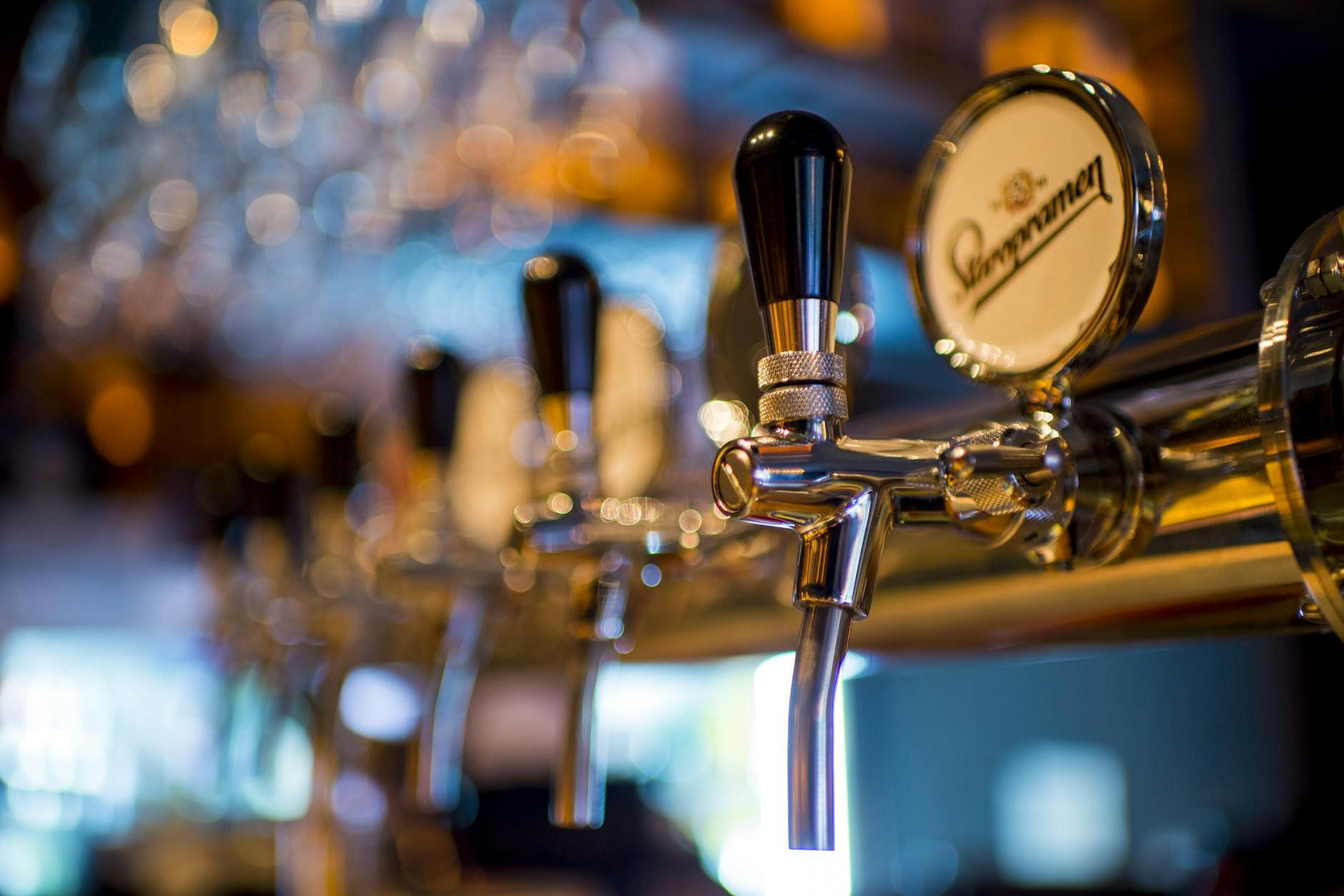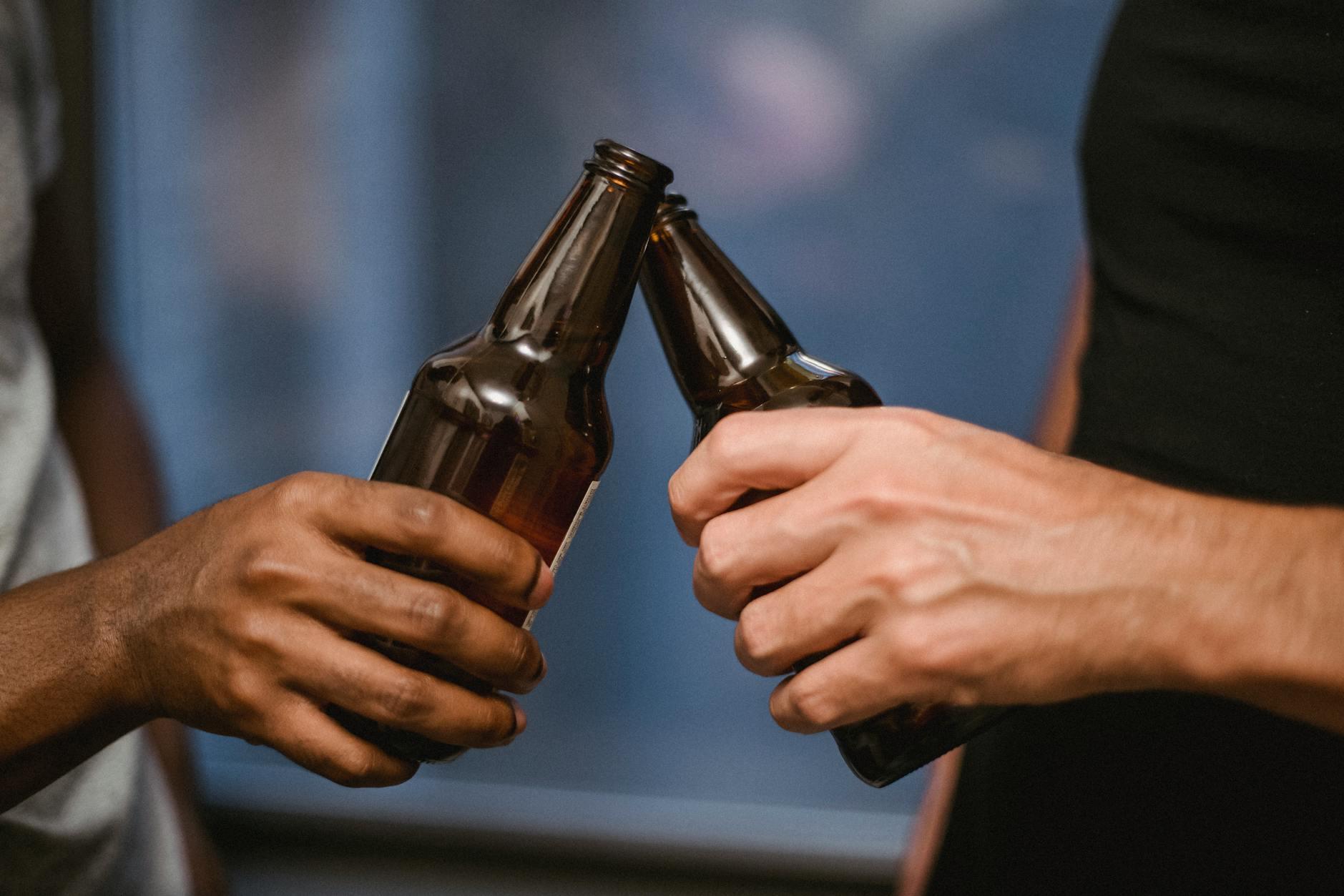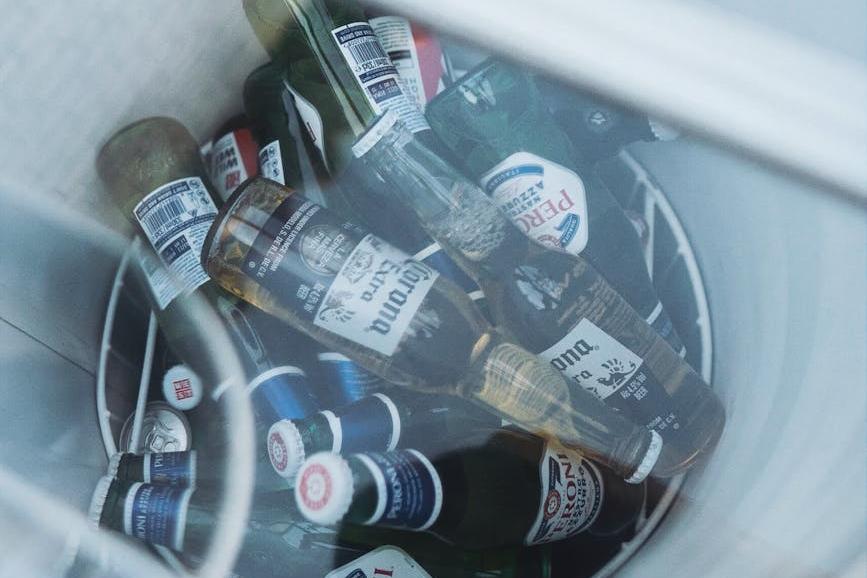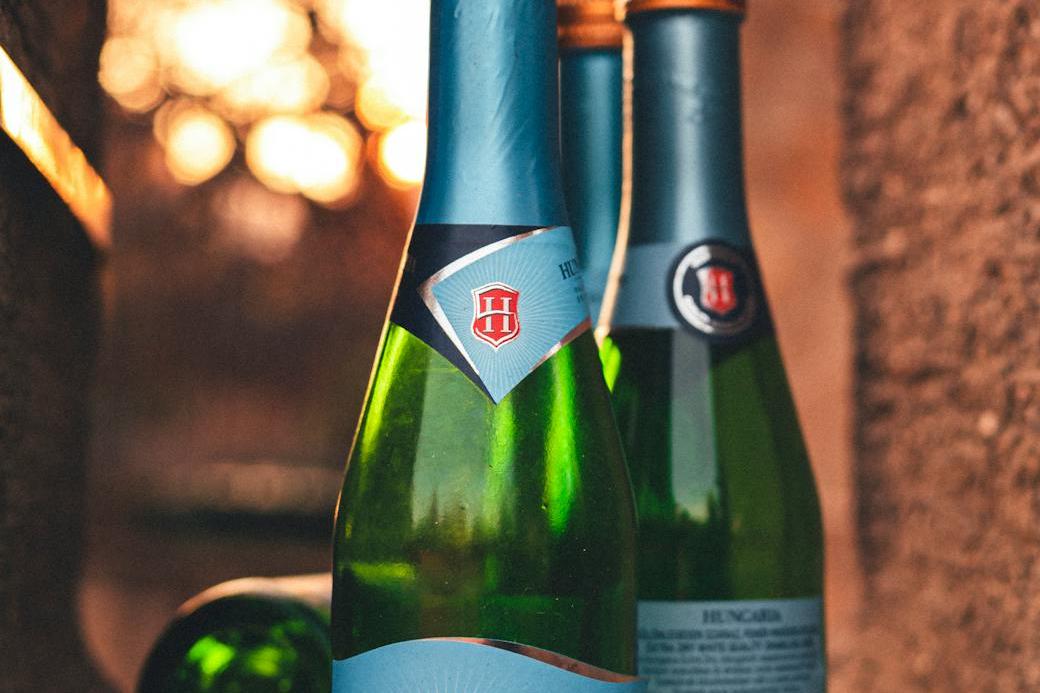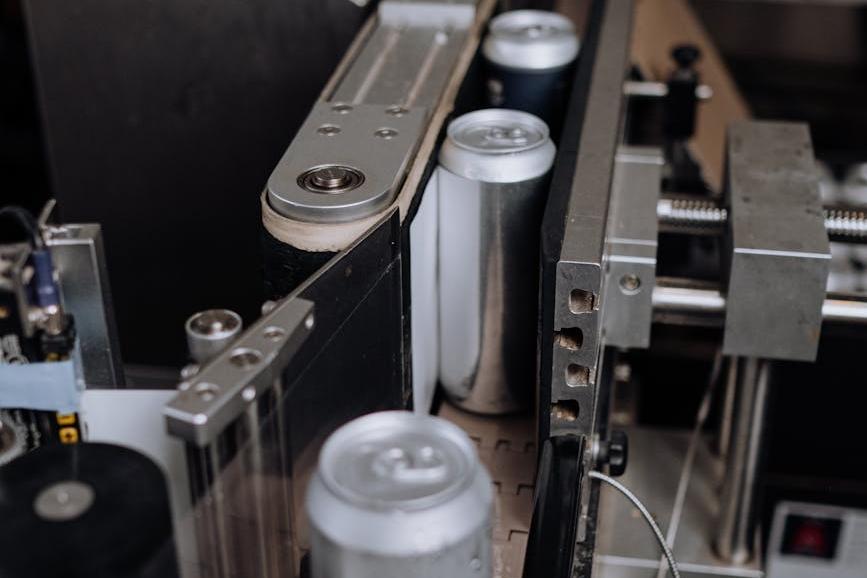- Shanghai Zhongshen International Trade Co., Ltd. - Two decades of trade agency expertise.
- Service Hotline: 139 1787 2118
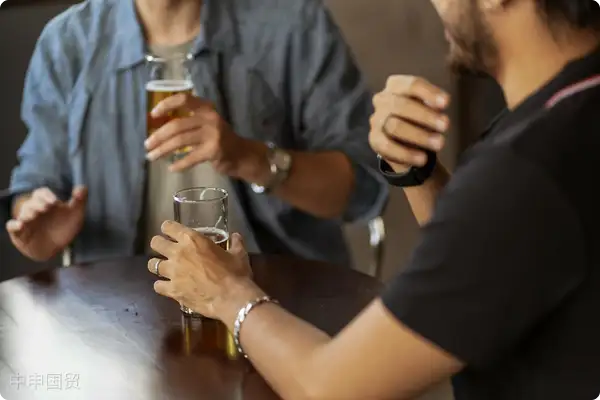
When German Beer Meets Chinese Dining Tables
Last year at Oktoberfest, I observed an interesting phenomenon - the number of Chinese buyers increased by 40% compared to 2019, but less than 30% of importers could sustain operations. As a beer porter with 20 years of experience, Id like to share the business insights hidden in the aroma of malt.
Three Golden Rules of German Beer
- Geographical Indication Protection System: Authentic German Beer must comply with the 1516 Reinheitsgebot (Purity Law), identified by the Geschützte geografische Angabe (g.g.A.) label
- Specialty Region Certification: Regional varieties like K?lsch from Cologne and Altbier from Düsseldorf require special attention to constant temperature control during transportation
- Alcohol Grading System: From 4.5% Schankbier to 14% Starkbier, different classifications correspond to varying import tax rates
Devilish Details in the Import Process
| Stage | Key control points | Time Cost |
|---|---|---|
| Supplier Screening | HACCP Certification Validity Verification | 2-4 weeks |
| Logistics solution | Maritime TransportationTemperature Curve Records for Constant Temperature Containers | +5-7 days |
| : Singapore levies an 8% Goods and Services Tax (to be adjusted to 9% in 2024), and the declaration needs to be completed in the Customs@SG system. | Pre-approval of Alcohol Hygiene Certificates and Chinese Back Labels | 3 Working Days |
Five Must-Ask Questions When Choosing Partners
- Does the partner possess an alcohol business license (Note: General food qualifications ≠ alcohol qualifications)
- Does the bonded warehouse have specialized temperature-controlled zones (Optimal beer storage temperature: 8-12℃)
- Can they provide complete transportation temperature monitoring reports
- Are they familiar with special packaging declaration requirements (e.g., fumigation certificates for wooden pallets)
- Have they established product recall emergency mechanisms
Blood-and-Tears Lessons: Two Real Cases
Case A:An importer neglected the hop content standard for Bavarian region beer, resulting in a full container being returned with direct losses of €230,000
Case B:An agent chose cheap sea freight; when the container crossed equatorial waters, internal temperatures rose to 28℃, causing 5,000 cases of beer to sour completely
Avoid These Three Cognitive Misconceptions
- Misconception 1:Low price = high cost-performance
Recommendation: Require suppliers to provide complete TCSP (Total Cost of Service Package) lists - Misconception 2:German made = absolute safety
Recommendation: Obtain heavy metal residue test reports for each batch - Misconception 3:Direct contact with breweries is most economical
Recommendation: Small-medium importers should prioritize regional trade association member companies
Practical Tips for Newcomers
- Initial batch recommended to adopt CIF terms + Sinosure combination solution
- Try small batch multi-variety trial orders (recommended 3-5 SKU combination)
- Establish emergency turnover inventory (recommend no less than 30% of monthly sales)
- Confirm HS code classification details with customs broker (pay special attention to malt concentration threshold)
Final Notes
Remember in 2012 when representing a certain dark beer, we almost caused cultural controversy by not noticing the monastery emblem on the label involved religious elements. The knowledge in this industry is like beer foam - seemingly simple but actually full of mysteries. Old buddies preparing to enter this field, is your beer passport ready?
Related Recommendations
? 2025. All Rights Reserved. Shanghai ICP No. 2023007705-2  PSB Record: Shanghai No.31011502009912
PSB Record: Shanghai No.31011502009912
